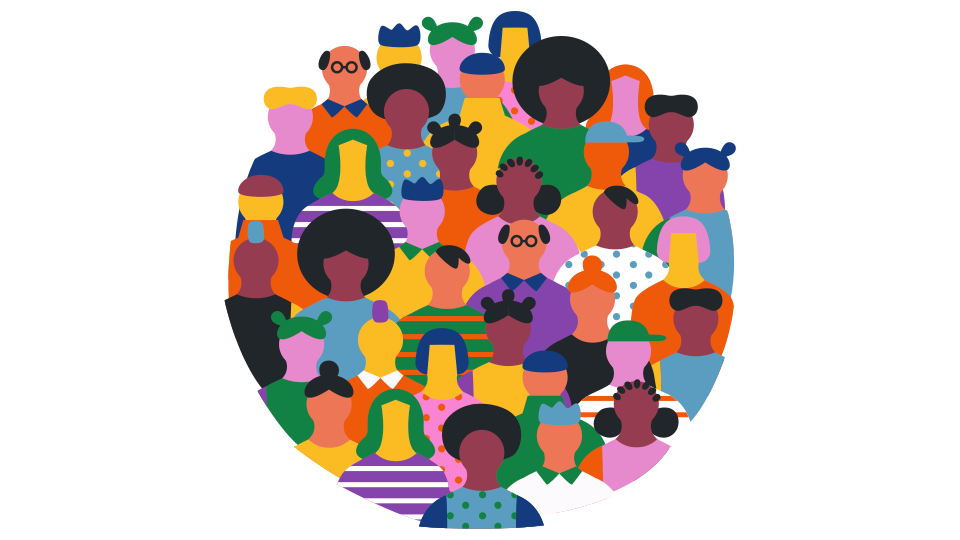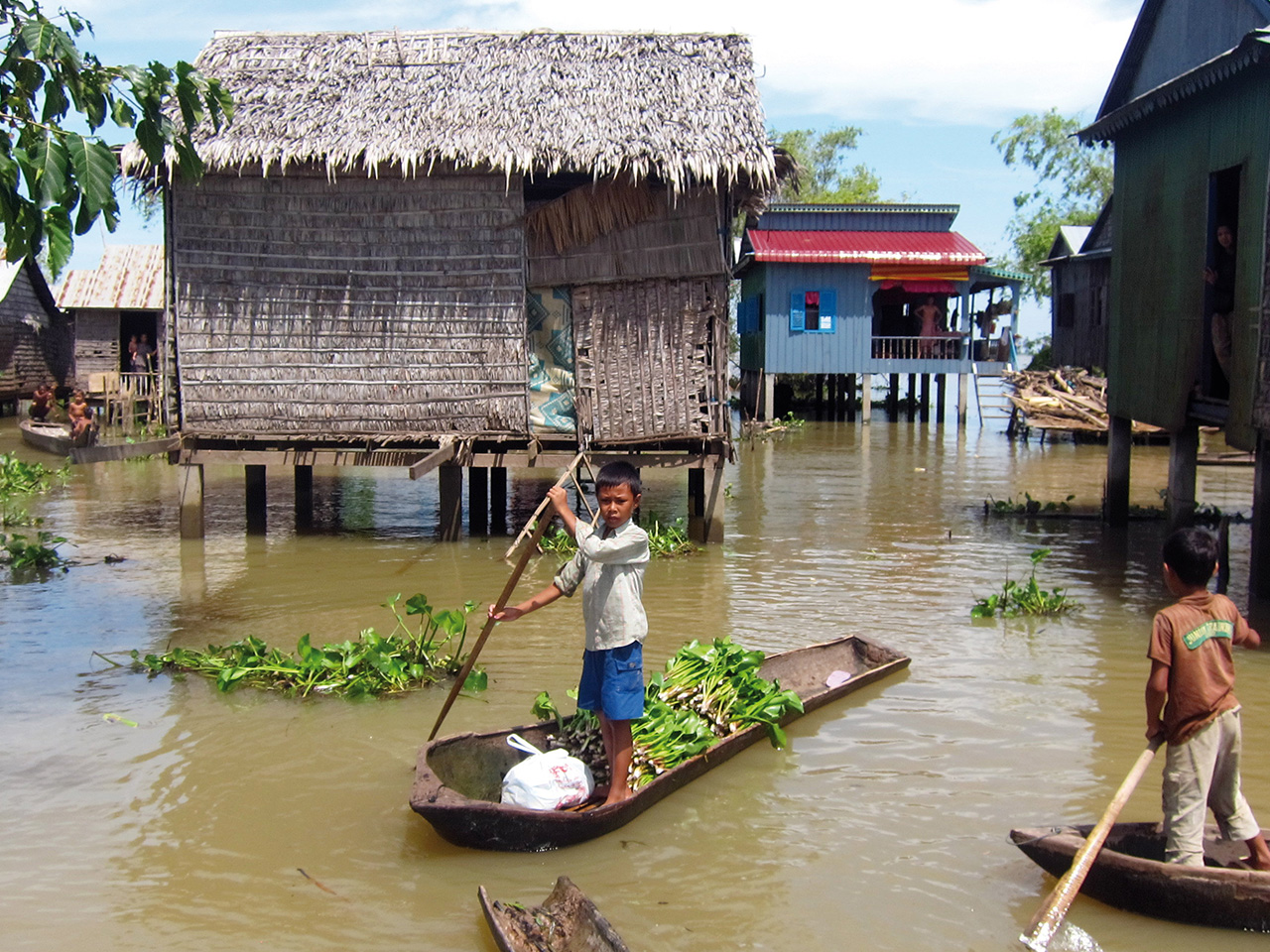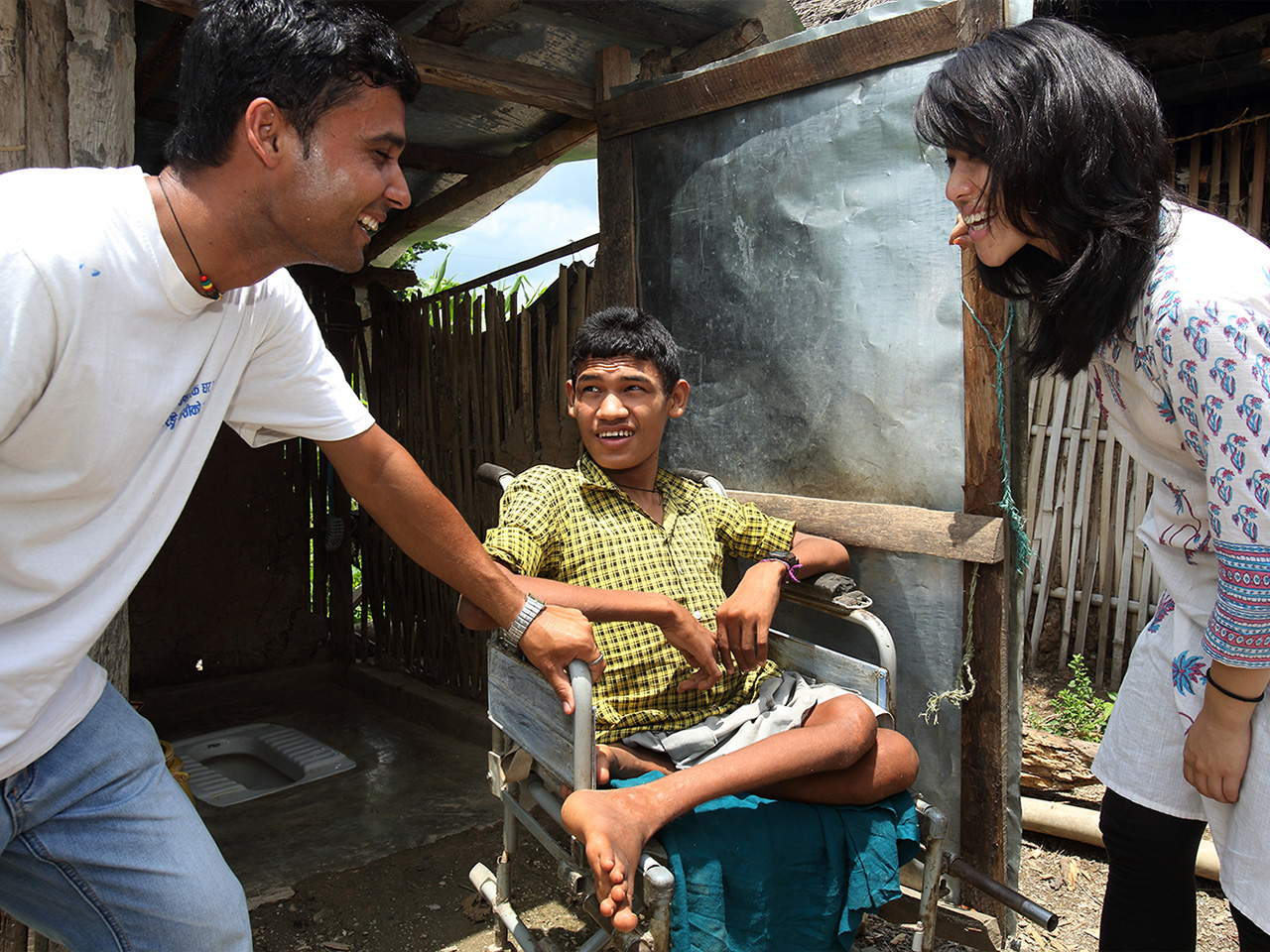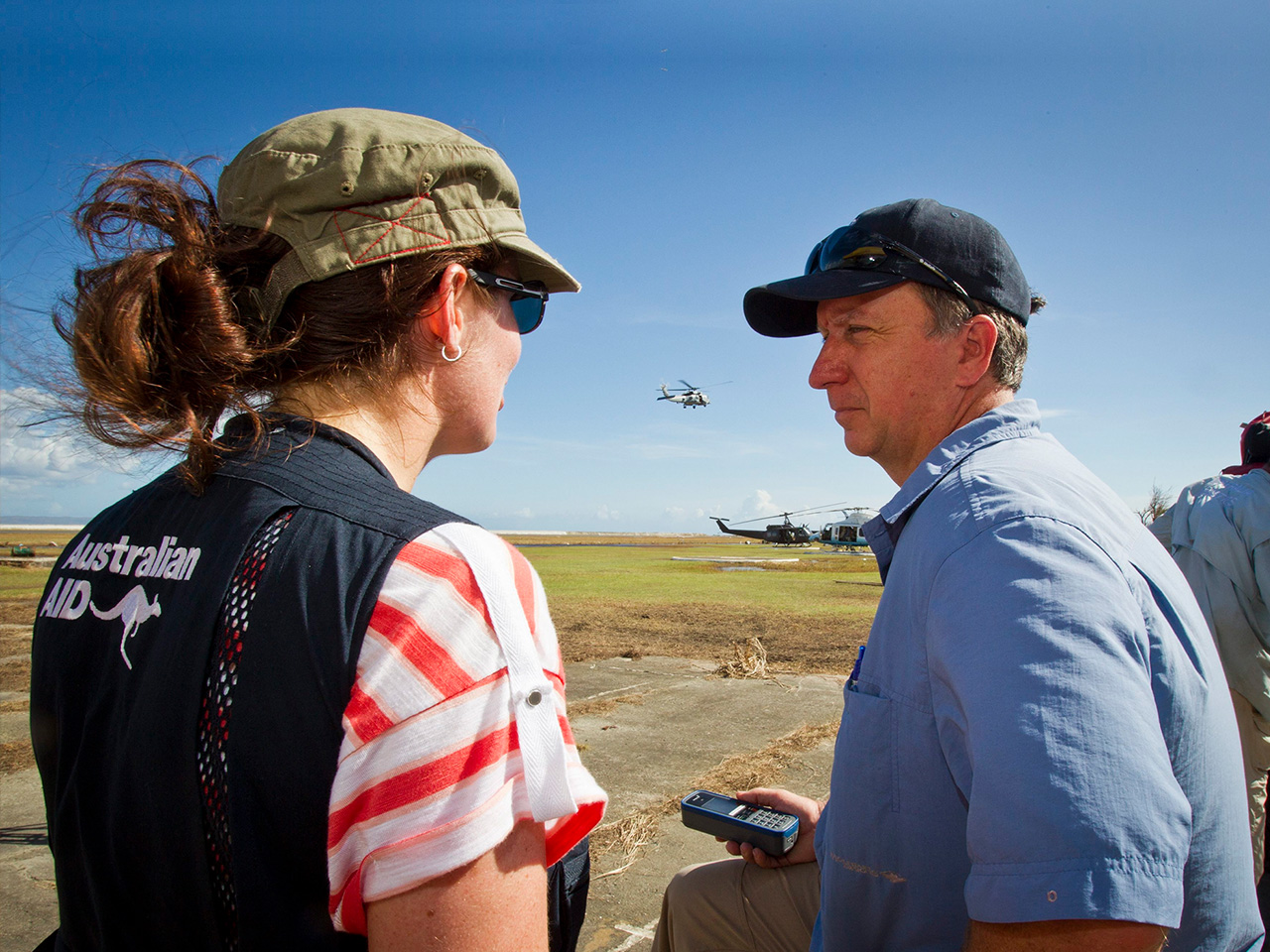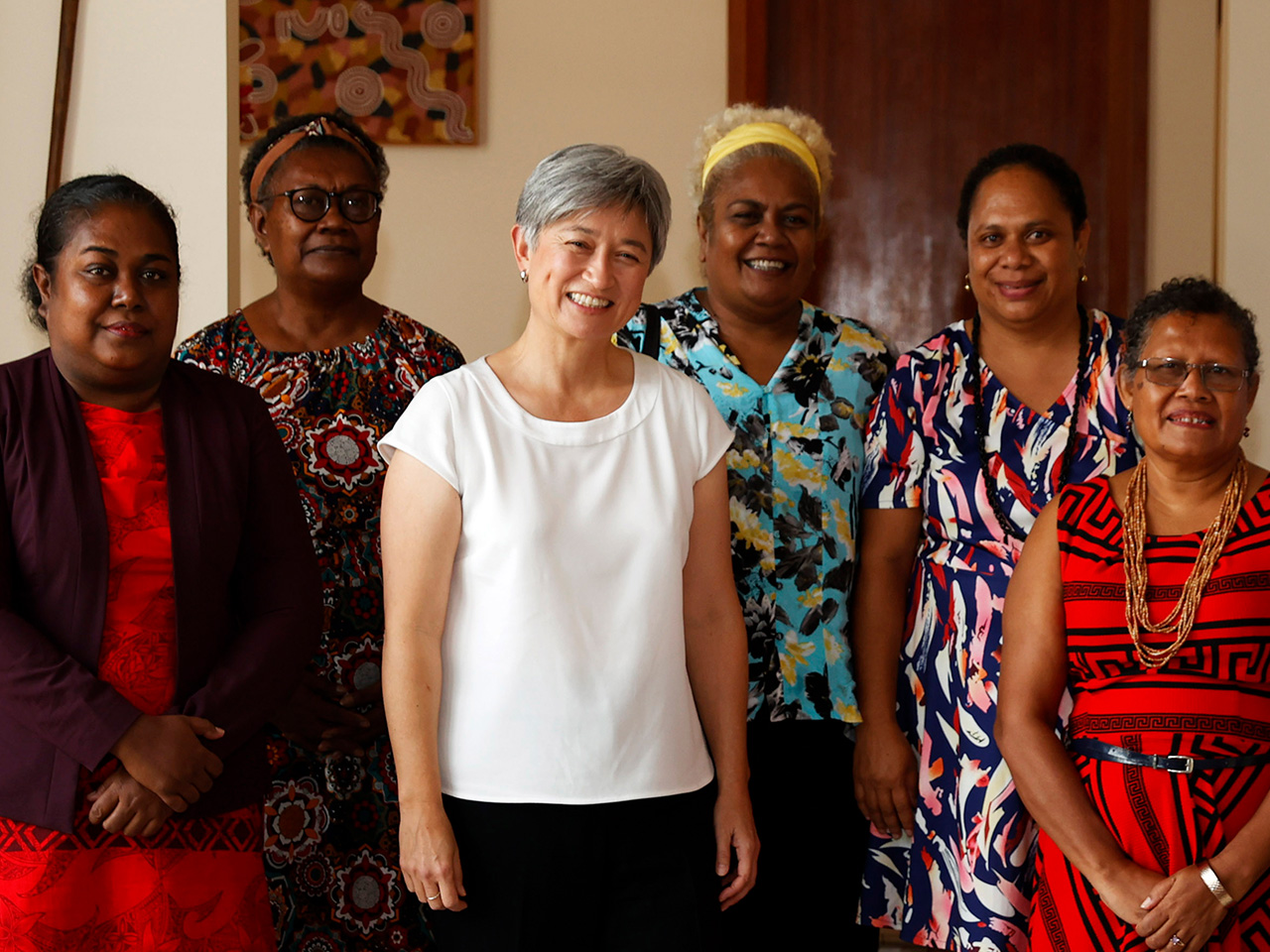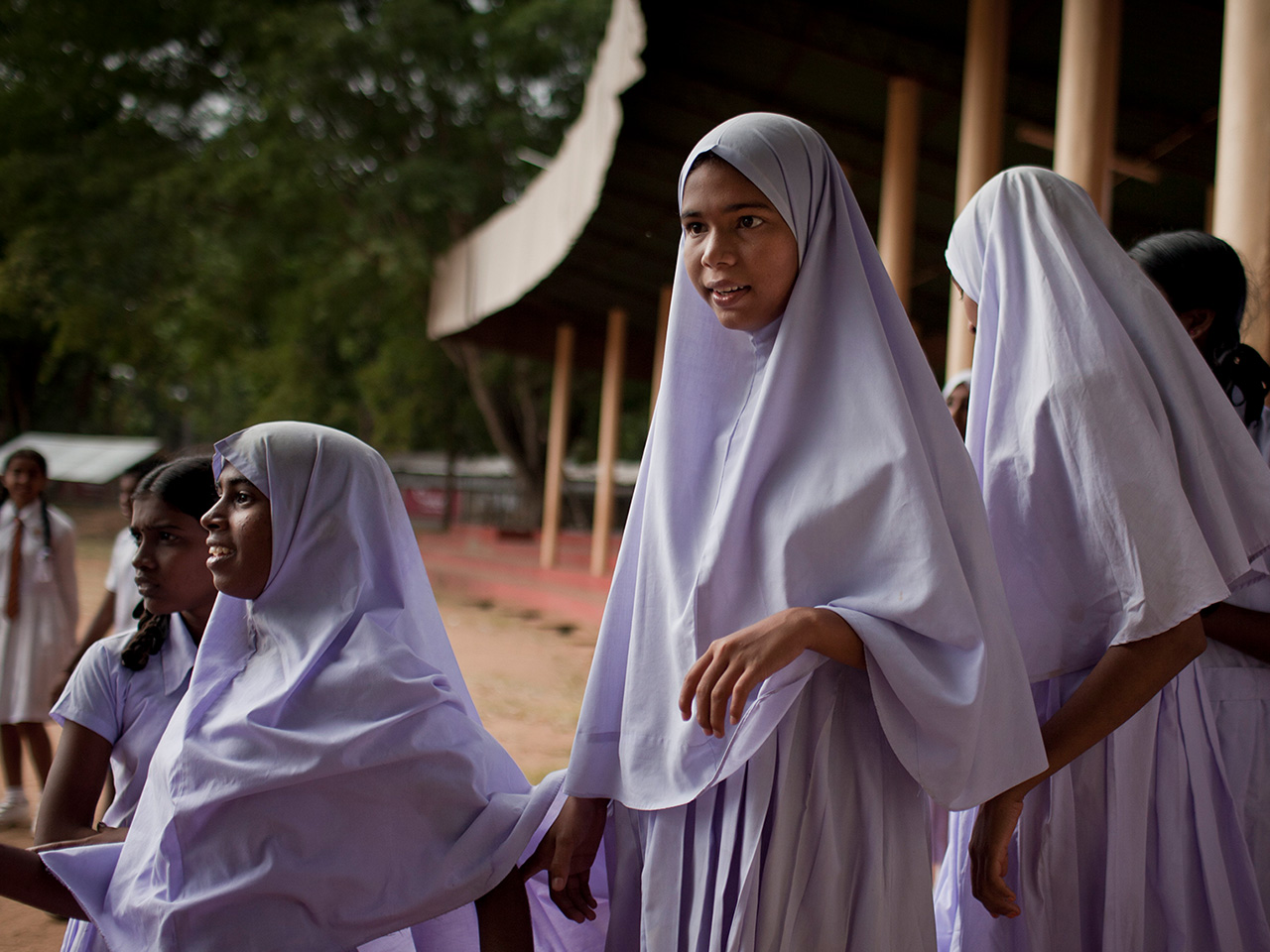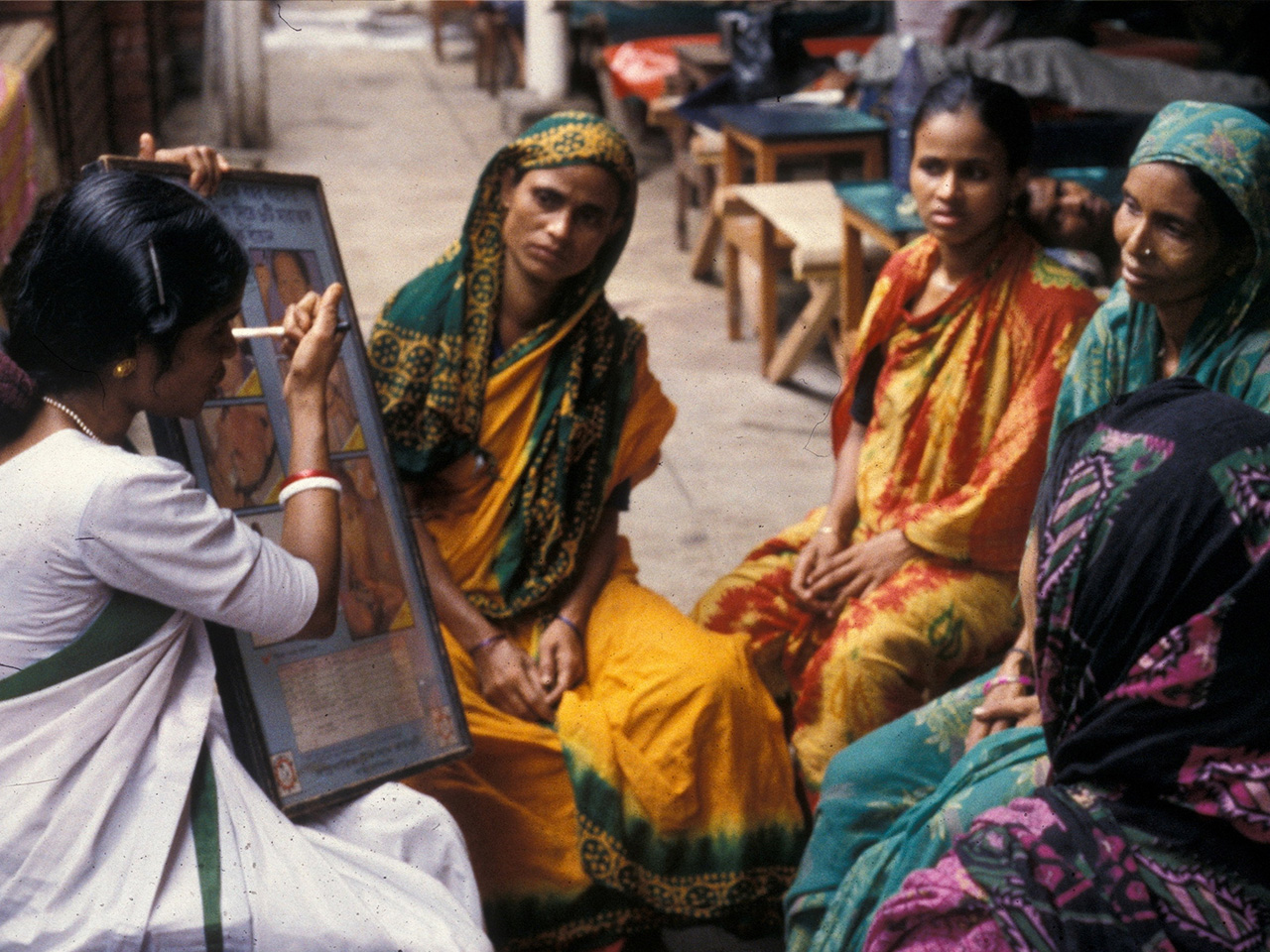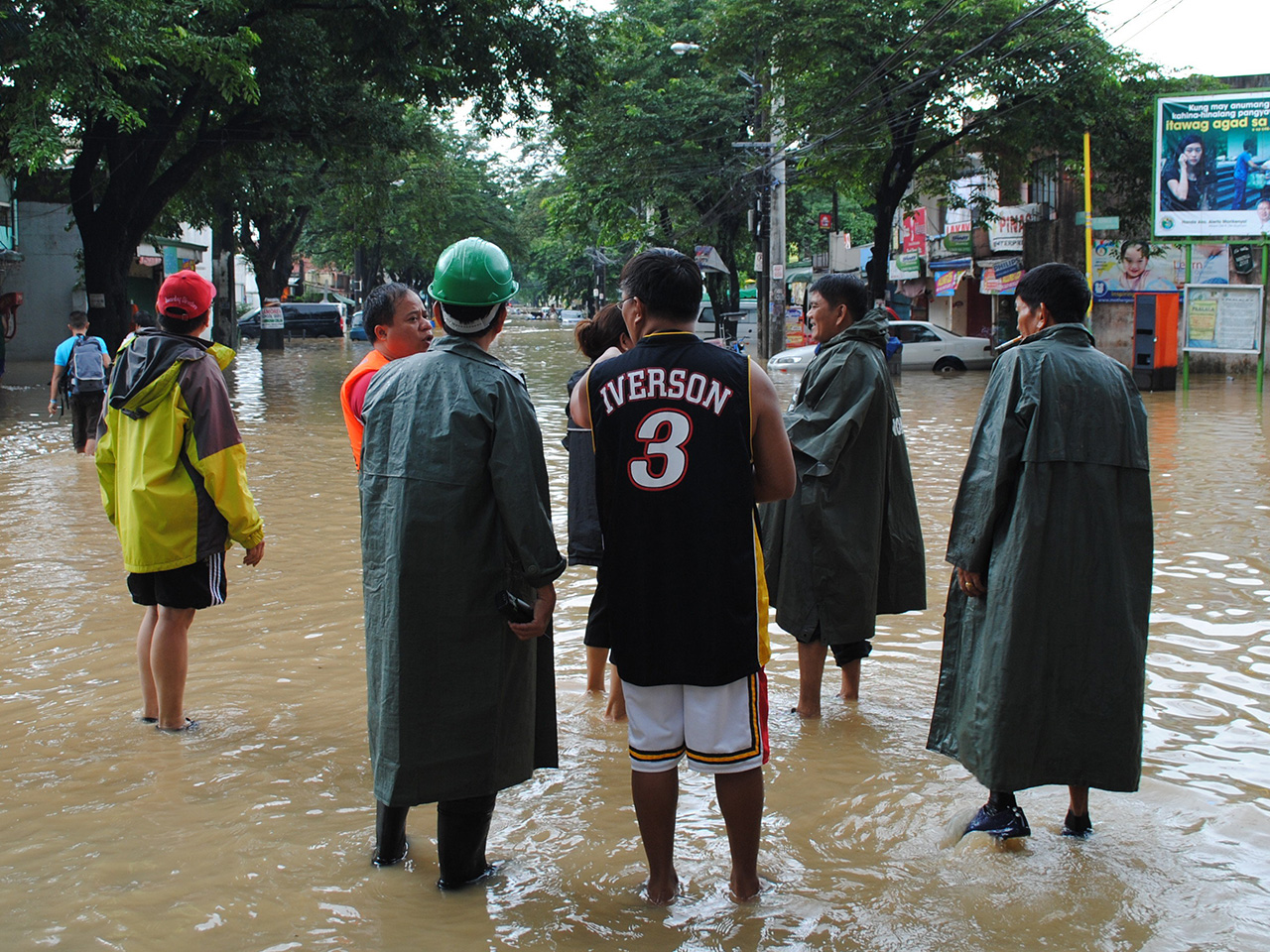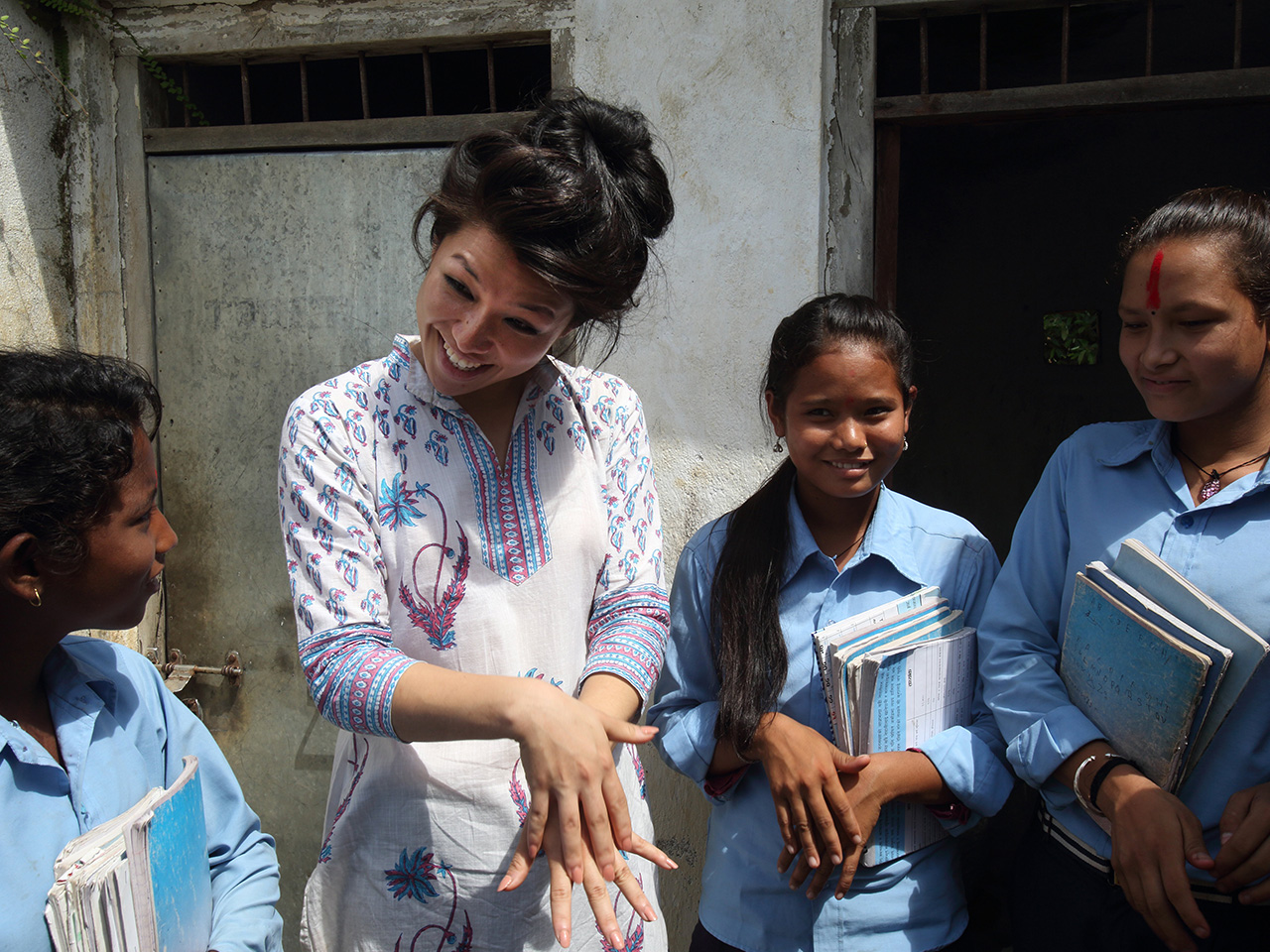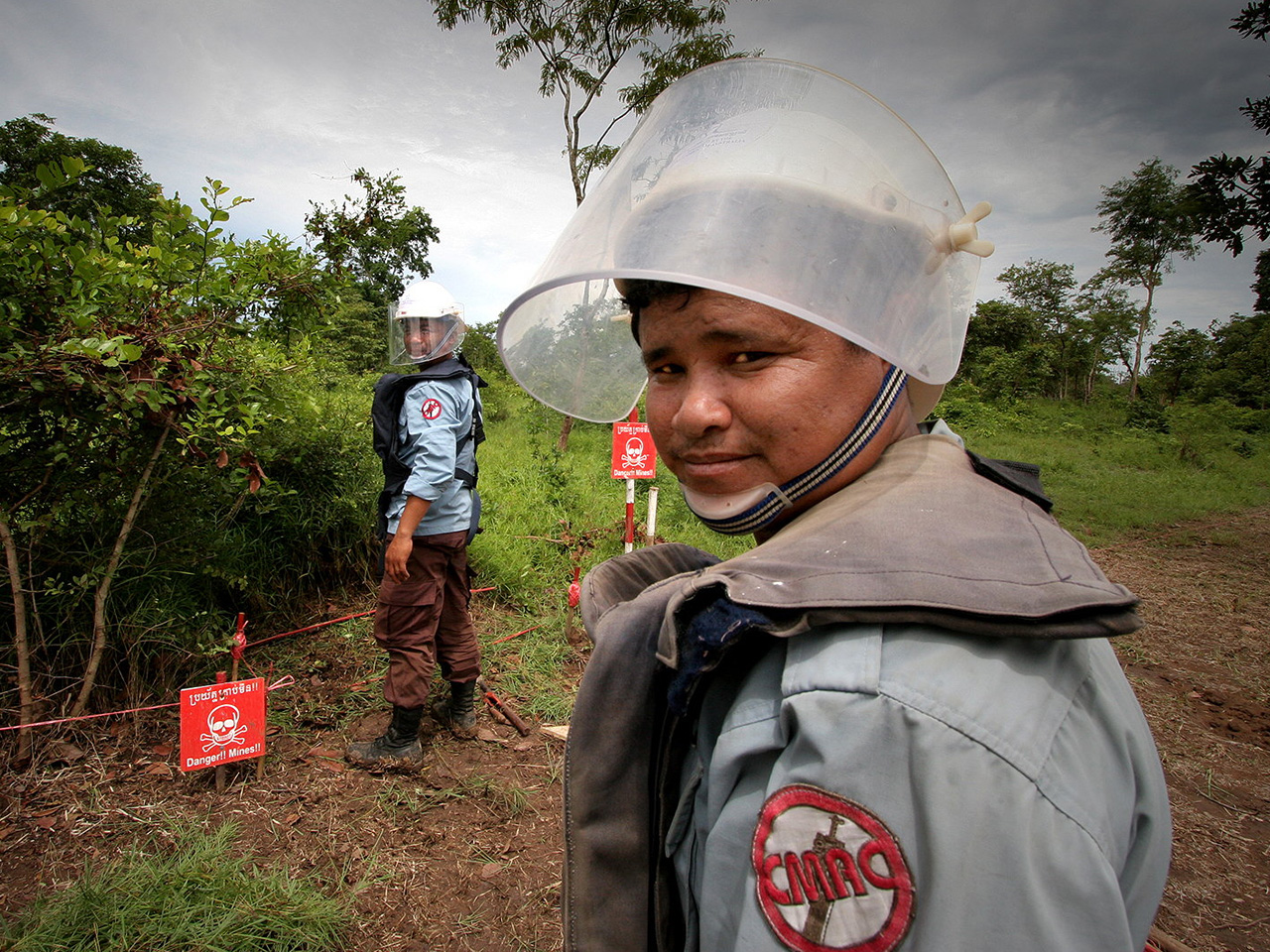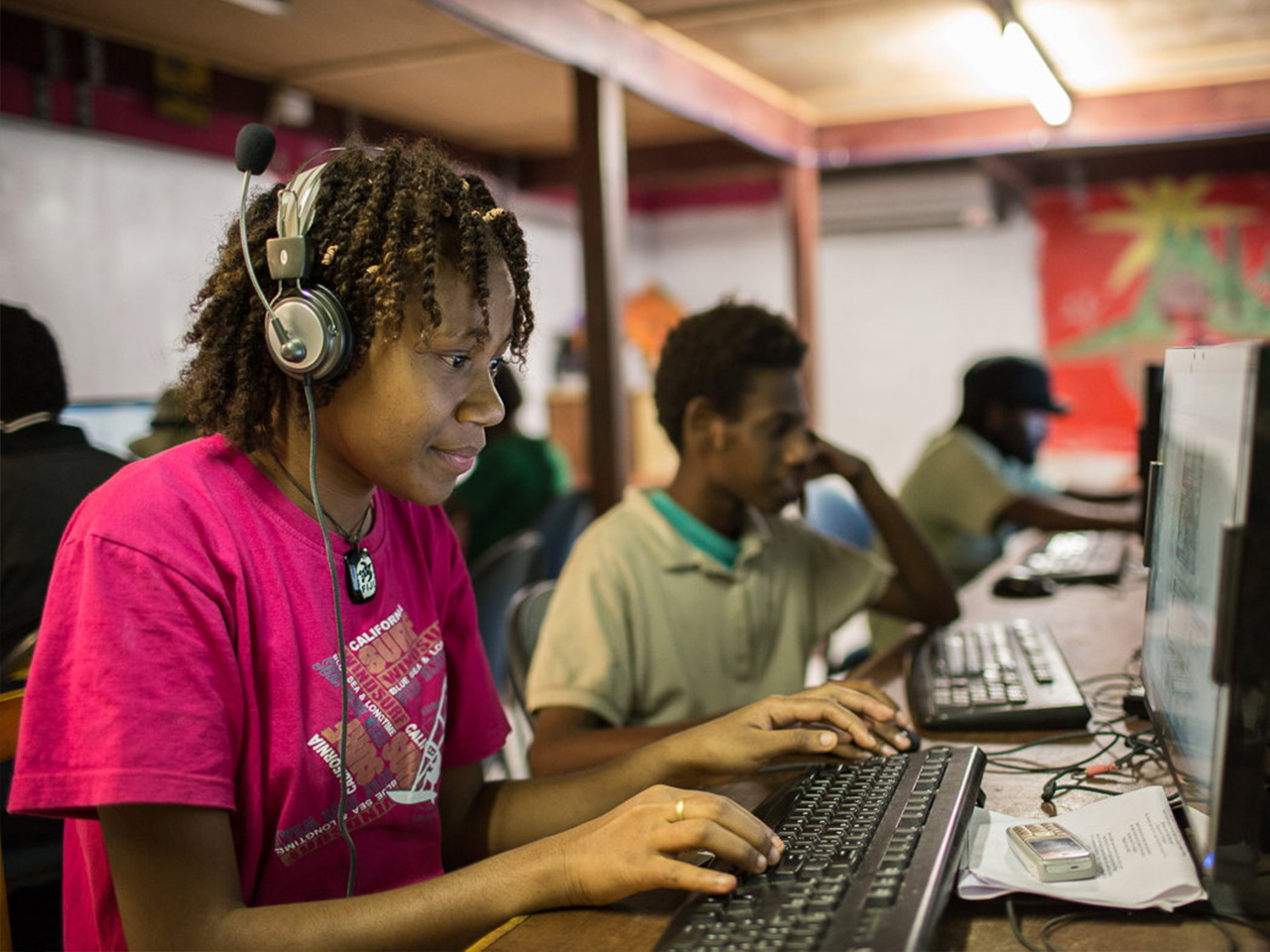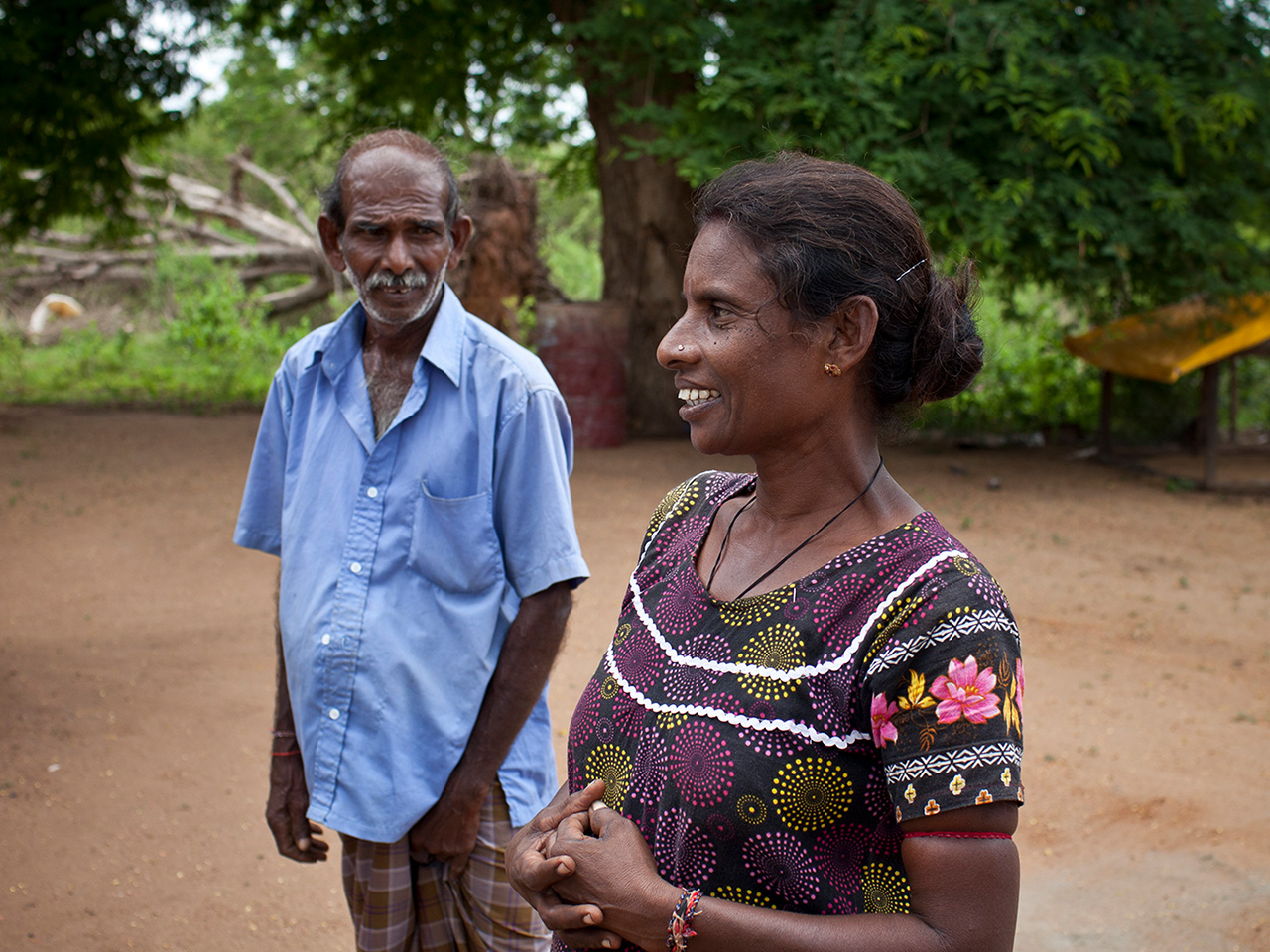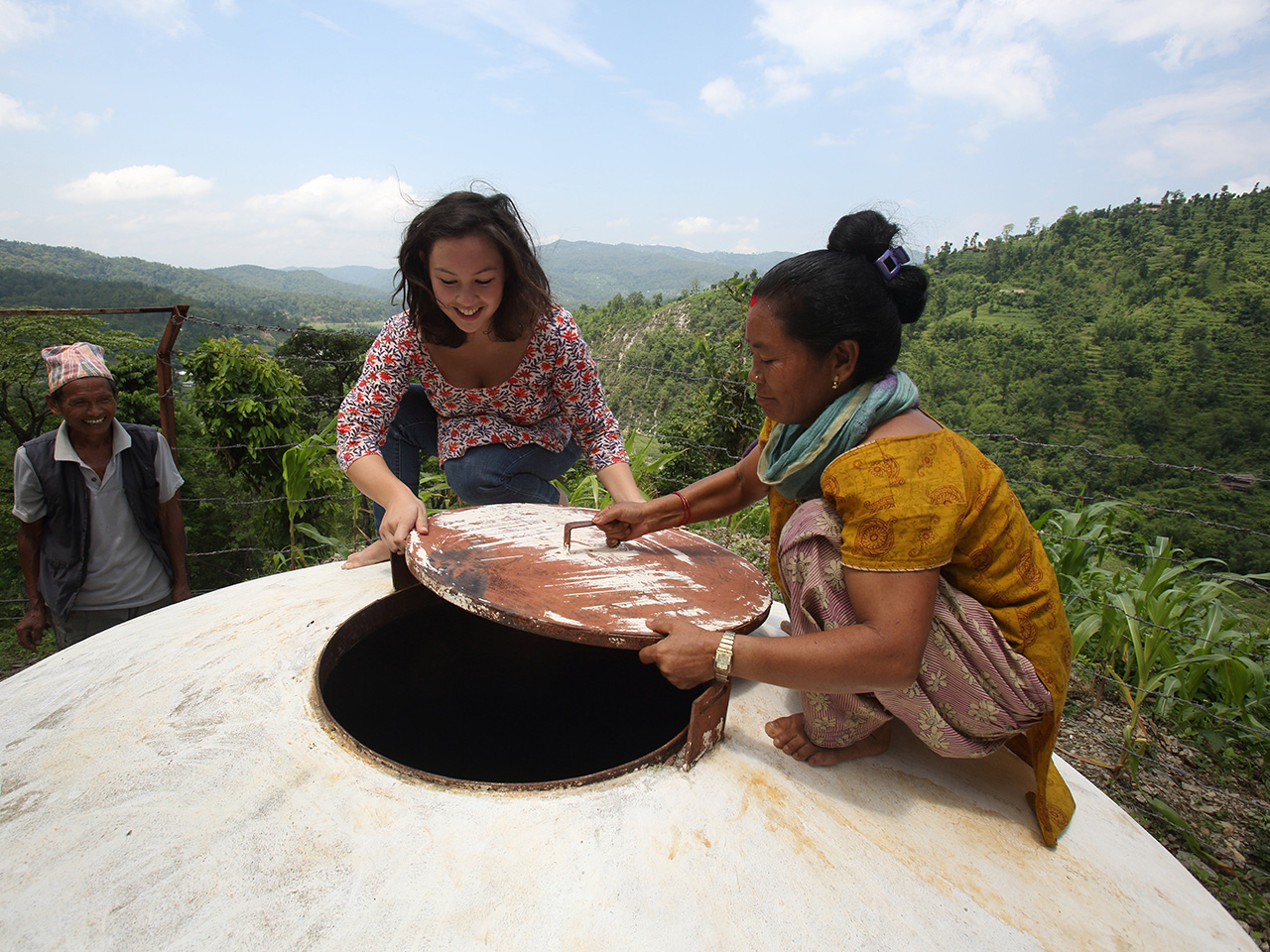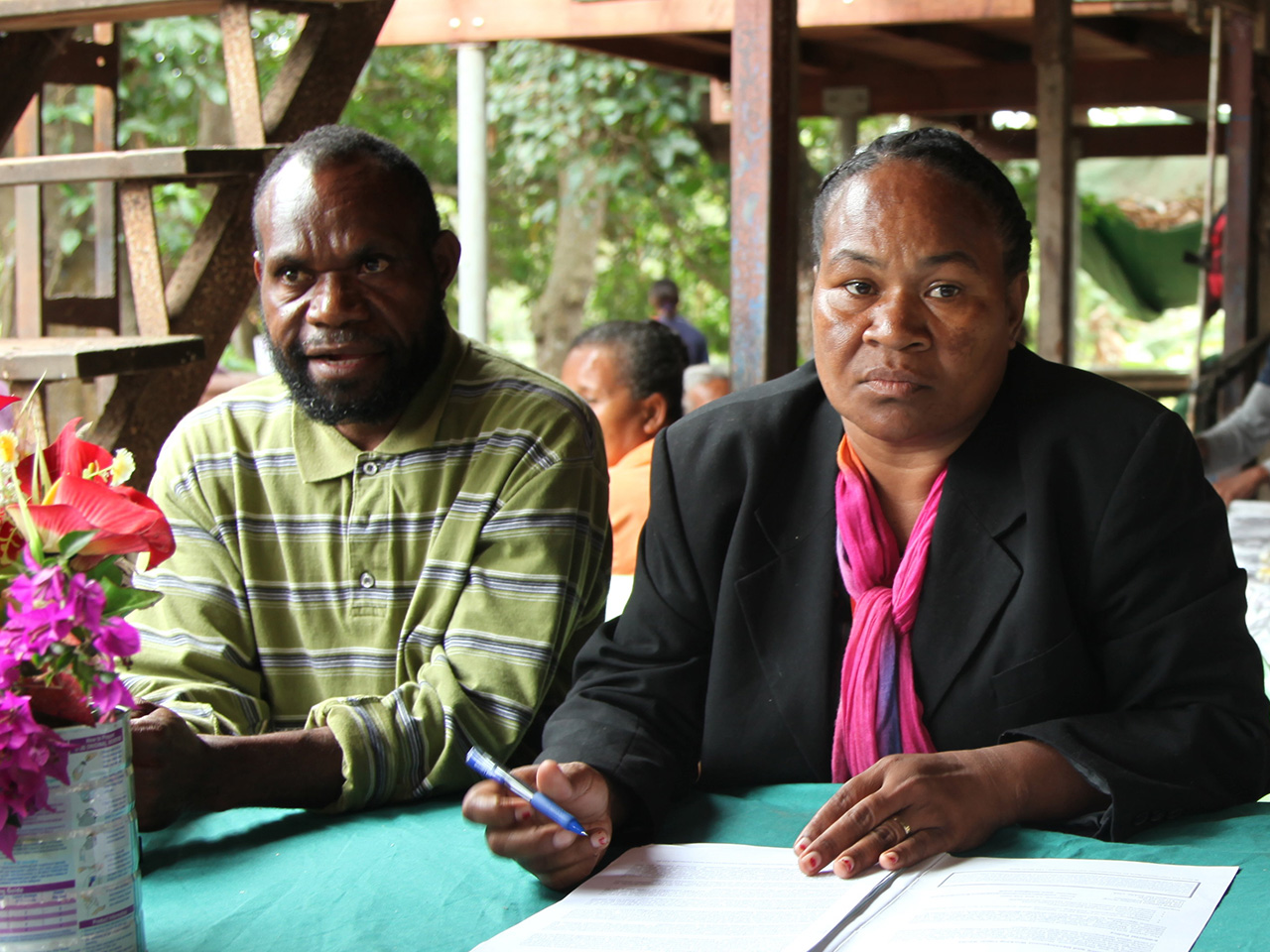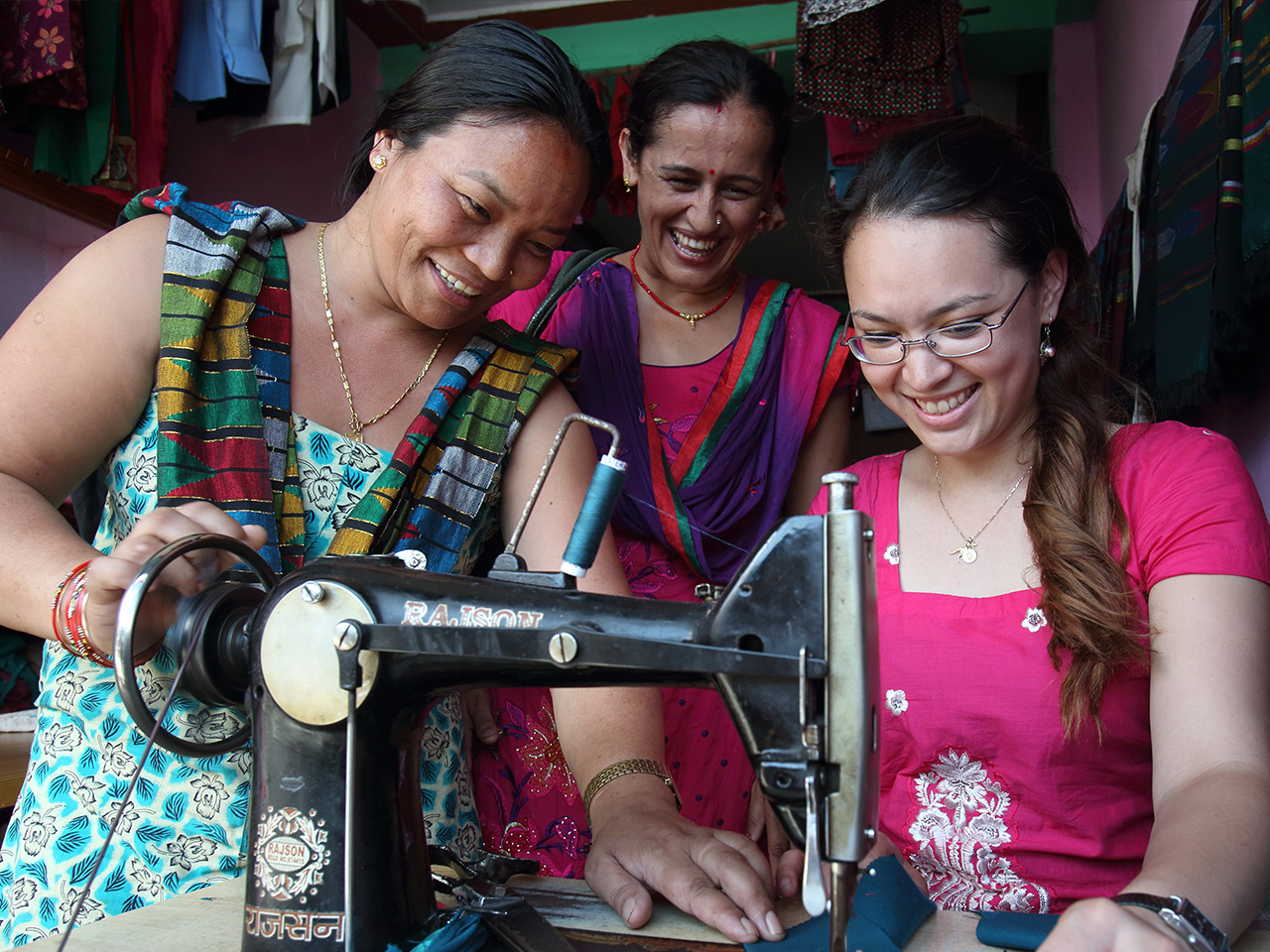The Support Unit for Gender Equality (SURGE)
closed on 31 December 2025.
This website will no longer be monitored or updated. For DFAT officers seeking gender technical assistance please contact the Gender Equality Branch (GEB) at GEDSI.GEB@dfat.gov.au
The SURGE Knowledge Hub is a curated library of gender equality resources to support users to improve their approach to gender equality in international development programming. Whether you are looking for DFAT guidance, how to apply an intersectional approach or need help integrating gender into your design, the SURGE Knowledge Hub is your one-stop-shop.
The Knowledge Hub is arranged by technical sectors and includes guidance and tools on assessment, design, evaluation, MEL and much more.
Result
Showing 12 of 12Gender Equality and Disability Inclusion - Guidelines to Address the Specific Needs of Women and Girls with Disabilities
These guidelines were developed by the ADB Gender Equality Division in collaboration with the Social Development Team, Human and Social Development Sector Office, and are designed to assist ADB sta
Ensuring Safe Transport with and For Women and Girls in Port Moresby
The report reflects the results of the Safe Cities Global Initiative for Port Moresby through a scoping study on women’s experiences and perceptions of violence in the use of public transport, espe
How to make inclusive mobility a reality: 8 principles and tools for a fair(er) transport system
This paper looks at the mobility situation for user groups including older people, children, students, women and care givers, physically or sensorially disabled and cognitively impaired people
Poverty and sustainable transport: How transport affects poor people with policy implications for poverty reduction
Although this paper does not consider the issues for women and PWD separately, it considers rural roads in respect to poverty, access and isolation, agricultural production, access to health care a
The 'invisible' needs of women with disabilities in transportation systems
This study focusses on the experiences of women with physical disabilities in gaining access to public transportation in Malaysia.
Violations of the right to the city for women with disabilities in peripheral rural communities in Hungary
This study explores how the right to the city (as a universal human right) applies to rural women who experience multiple social disadvantages.
Inclusive Cities—Urban Area Guidelines
This set of guidelines for Georgia has been developed to support designers and decision-makers working on new infrastructure projects to create inclusive and livable cities.
AASCTF Gender Equality and Social Inclusion Strategy
This resource addresses women, PWD, children and the elderly as separate distinct groups however it recognizes intersectionality noting that all categories of disadvantaged groups are not homogenou
Fair Shared Green and Recreational Spaces—Guidelines for Gender-Responsive and Inclusive Design: Tbilisi Municipality
These guidelines target priority areas to create a sustainable approach to the urban development in Tbilisi, Georgia ensuring resources are targeted at the areas of most need, whilst also retaining
Guide on Integrating Gender Into Infrastructure Development in Asia and the Pacific
This guidance on gender mainstreaming in transport and roads provides specific ‘how-to’ guidance together with checklists across the project lifespan in four subsectors (roads, non-motorized transp
Guide on Integrating Gender Throughout Infrastructure Project Phases in Asia and the Pacific
The publication begins with an introduction to the following: United Nations gender mainstreaming principles; why it is important to mainstream gender; the business case for gender mainstreaming; a
Gender Analysis in Technical Areas: Energy Infrastructure
This guidance note is part of a series of guidance notes on gender analysis in technical areas that seeks to contribute towards gender mainstreaming.
